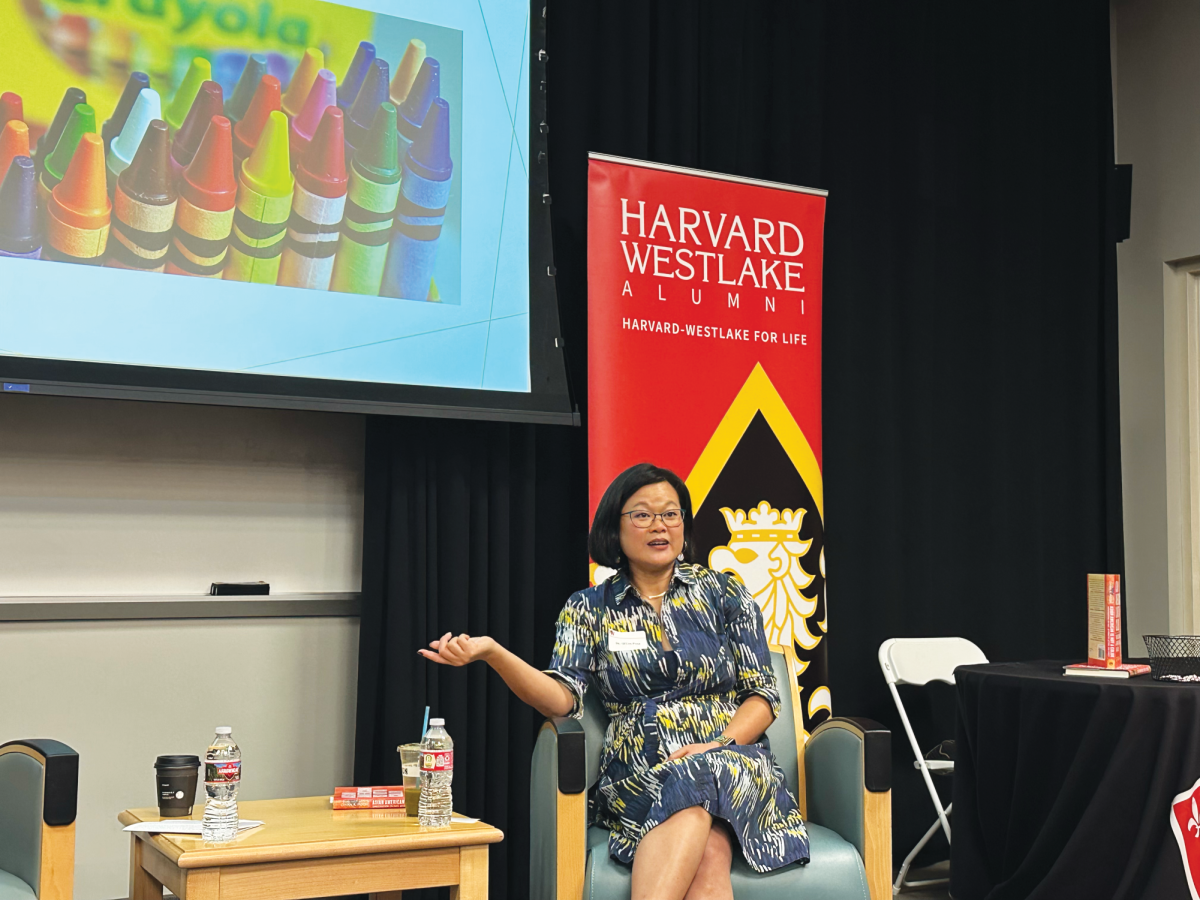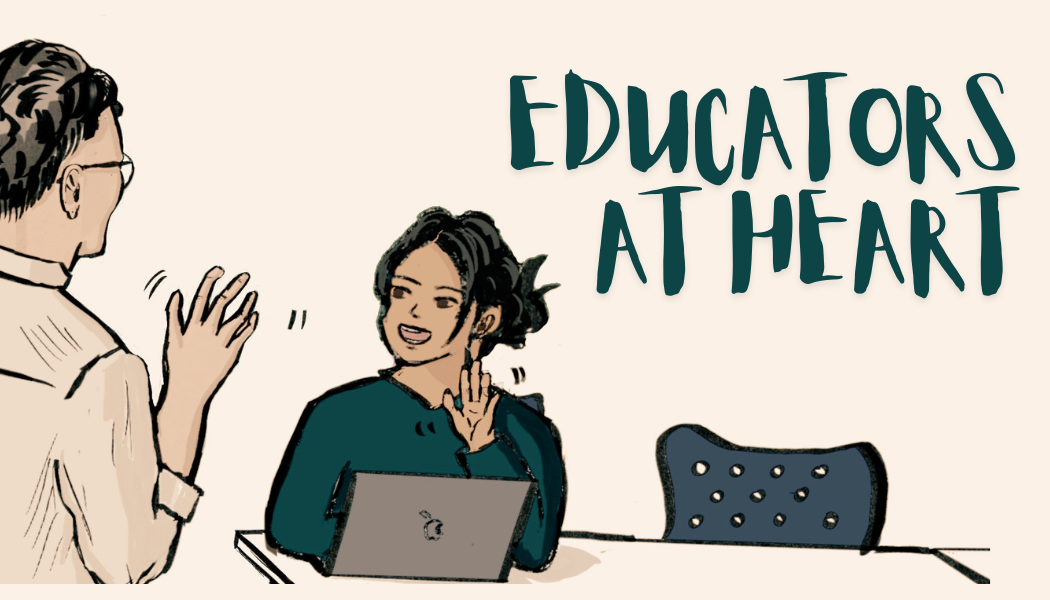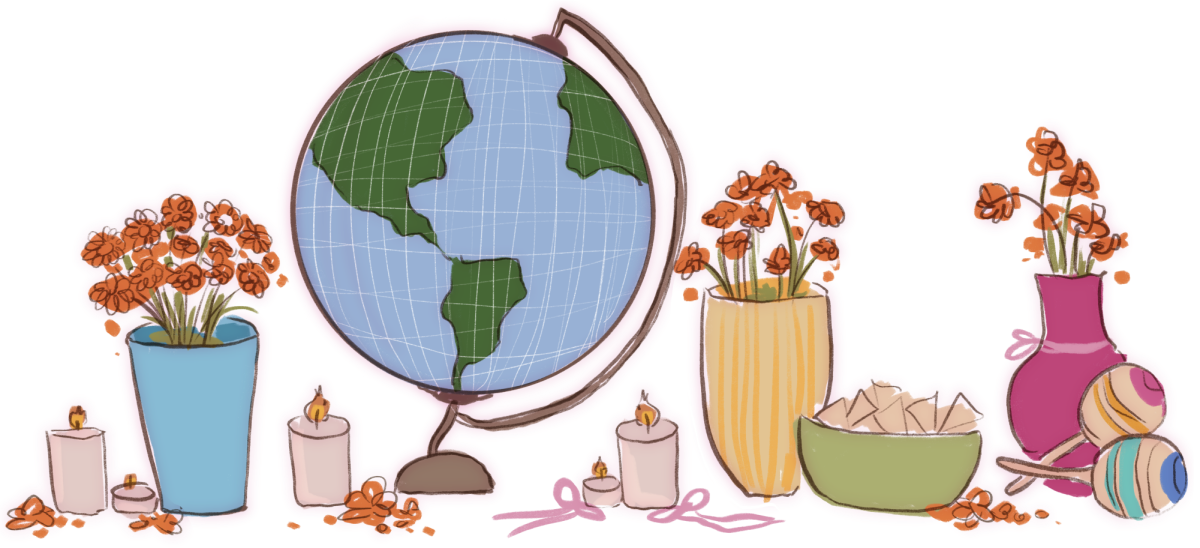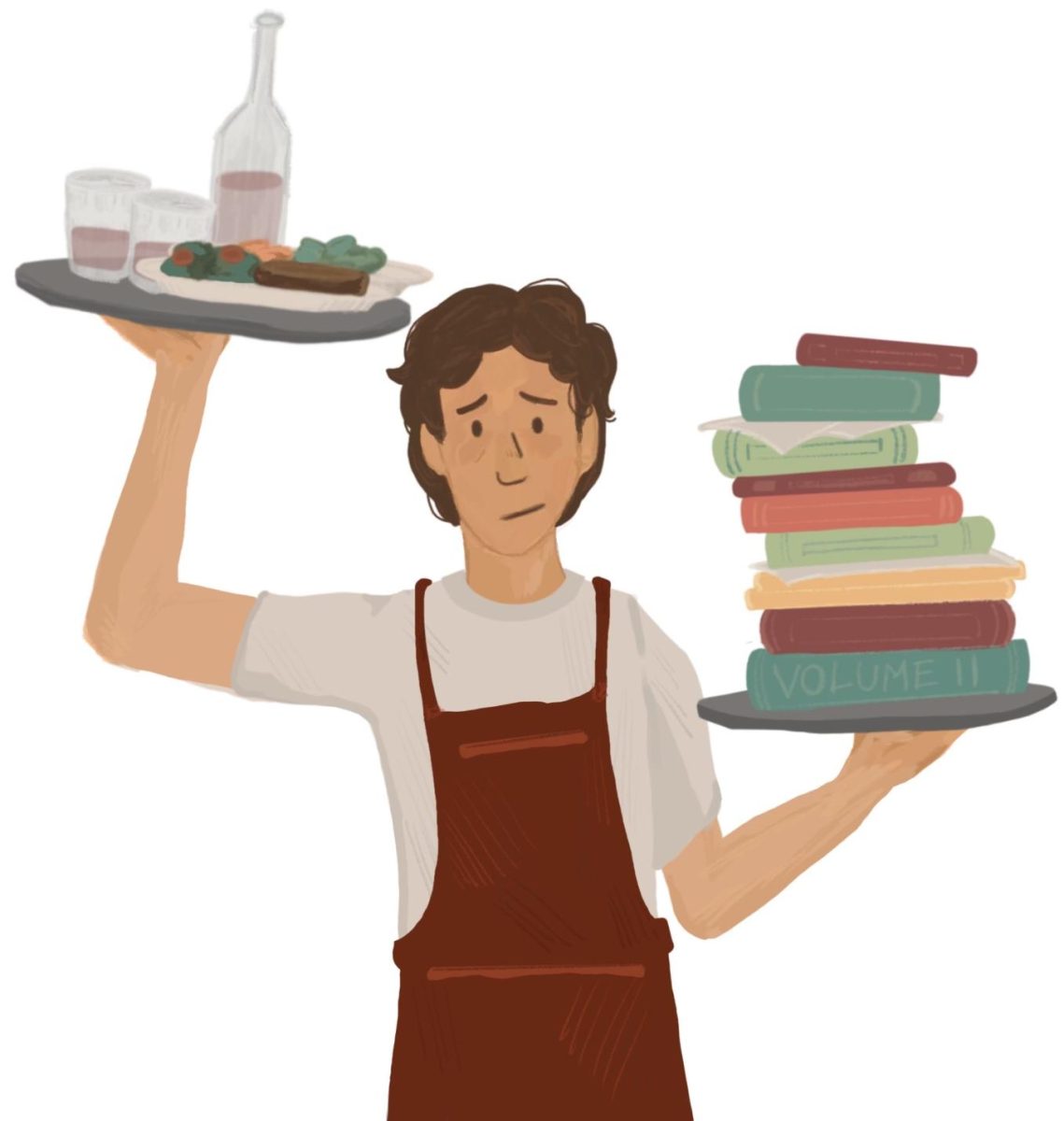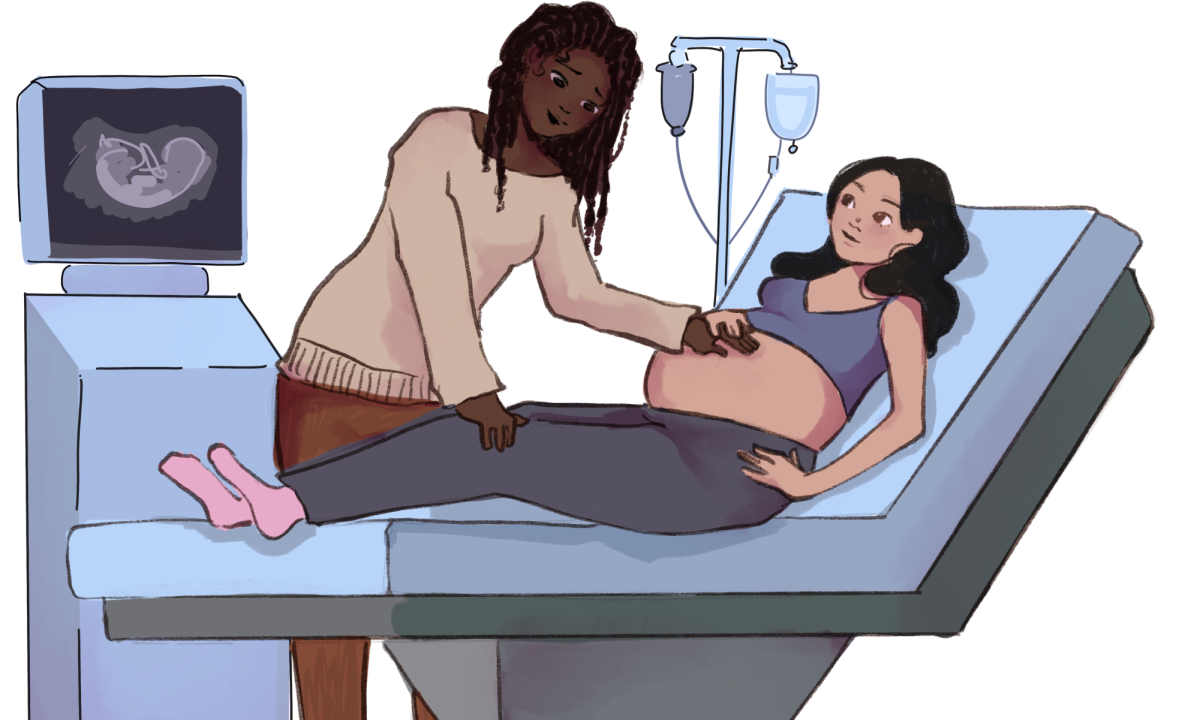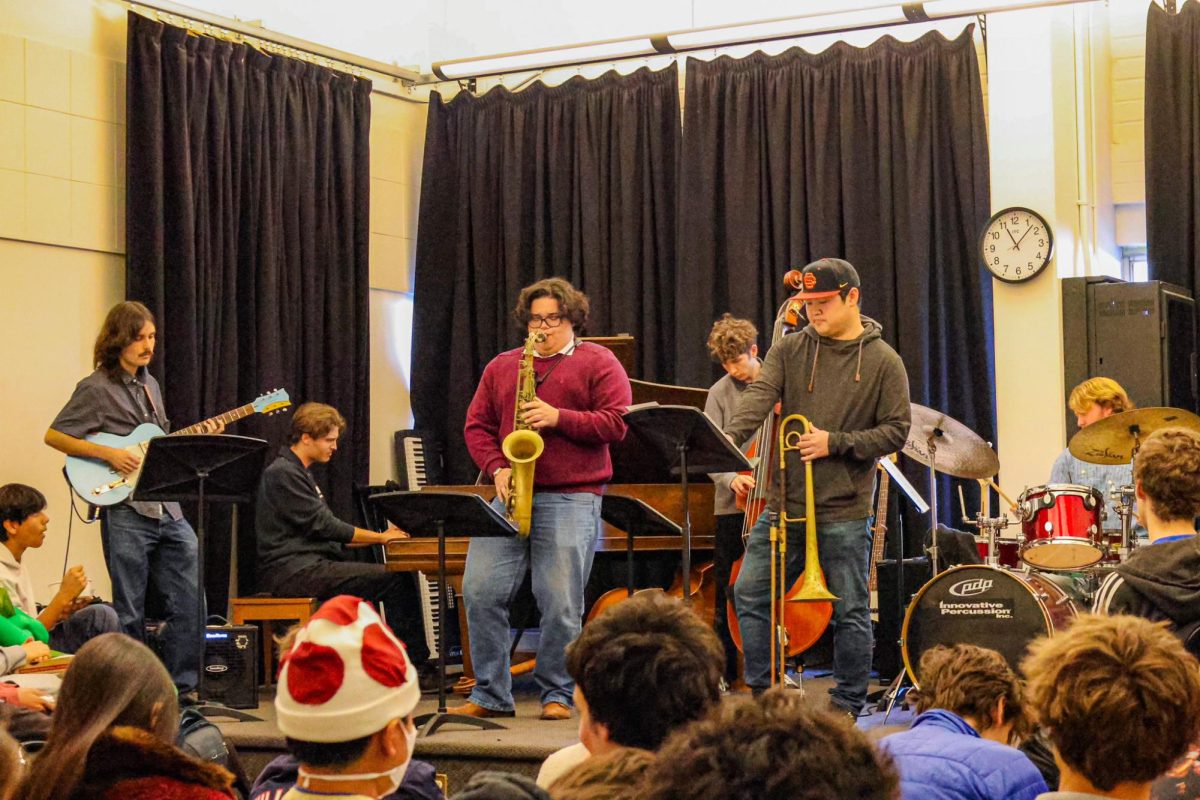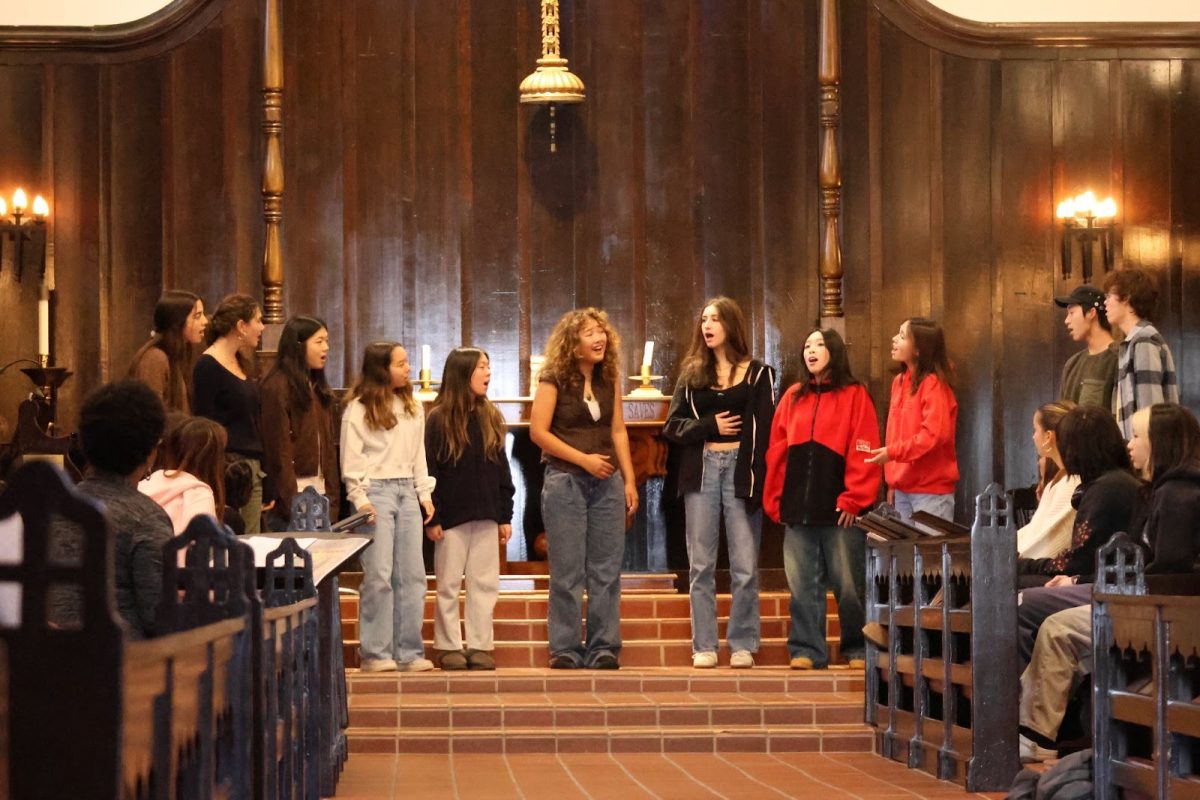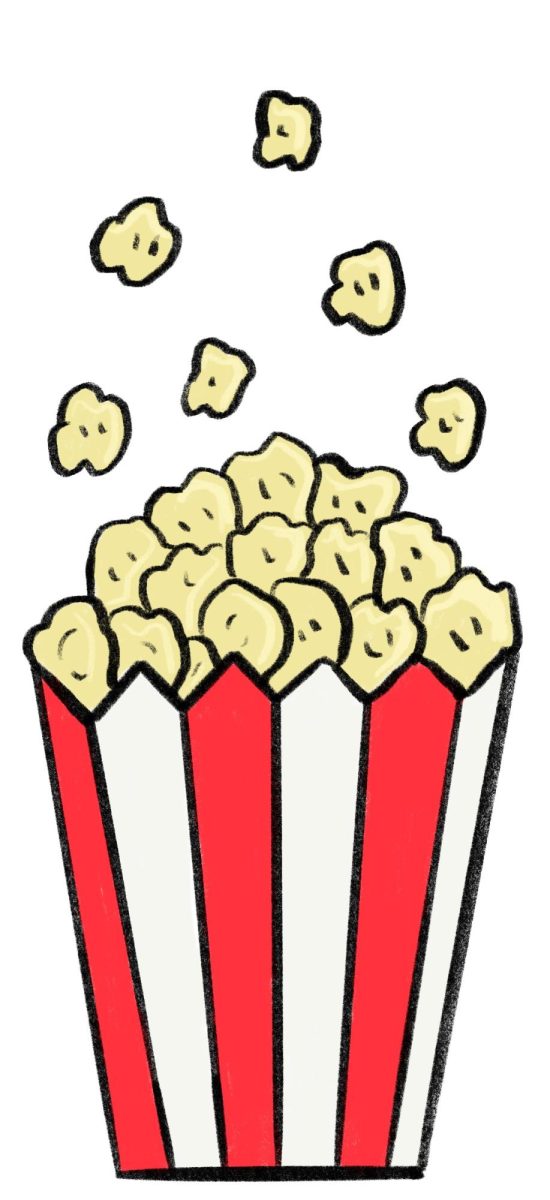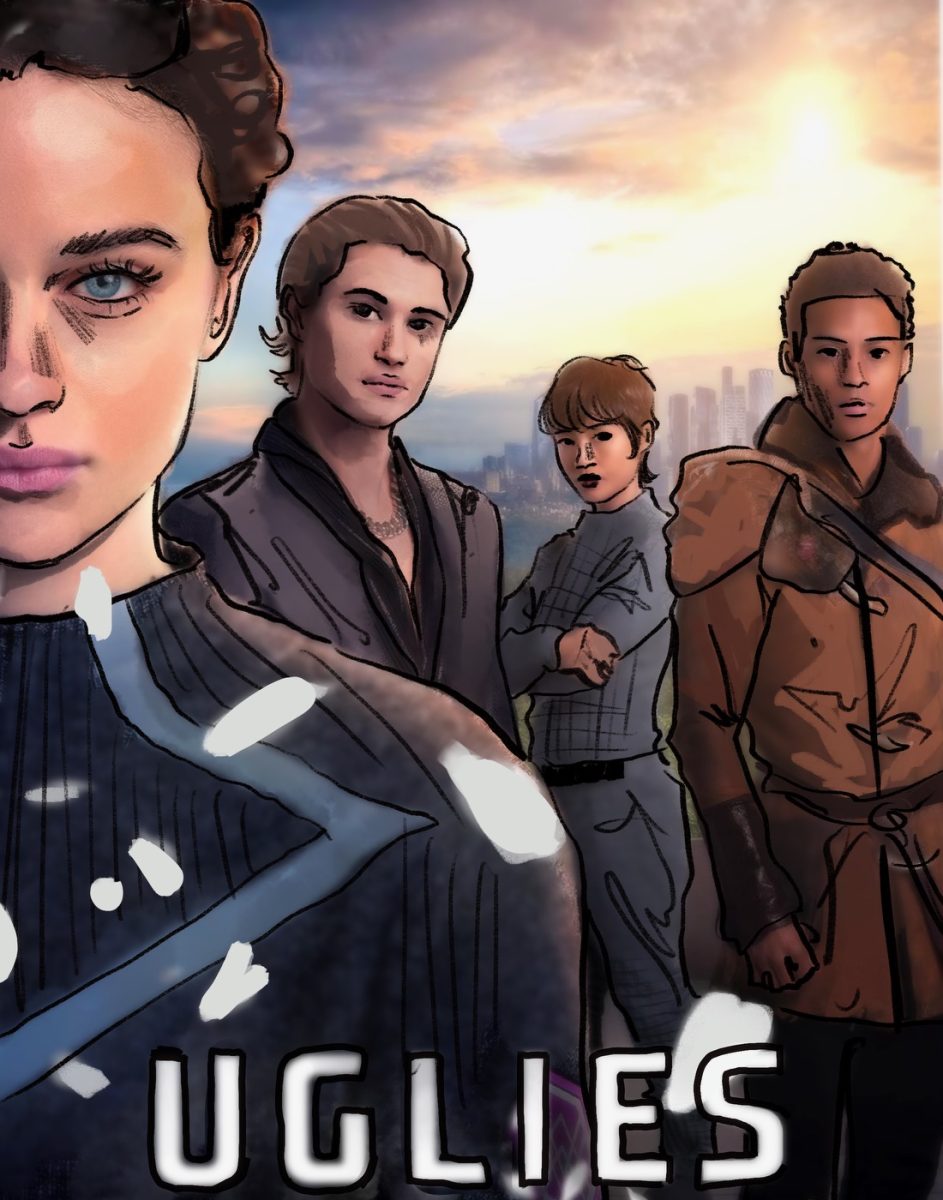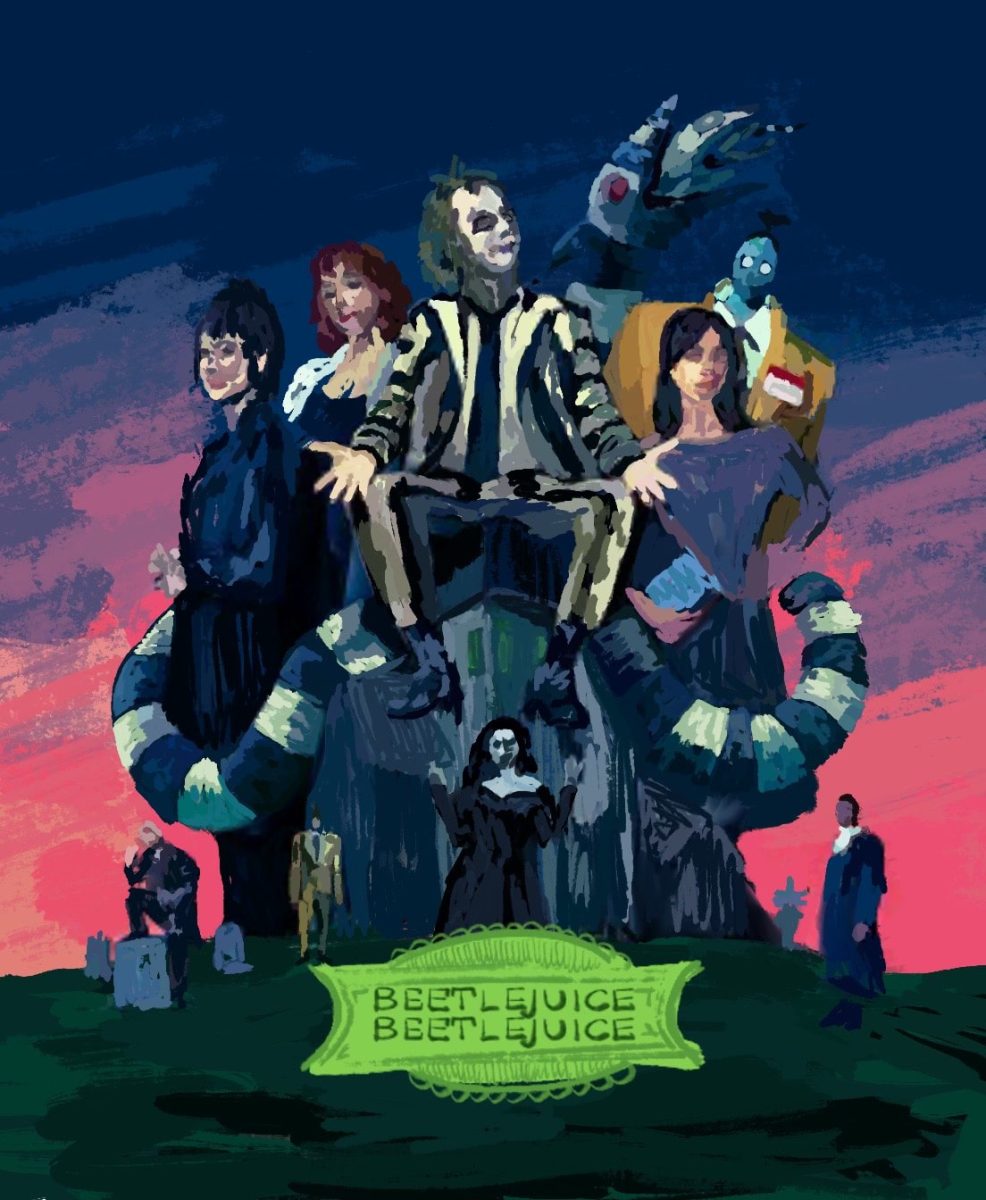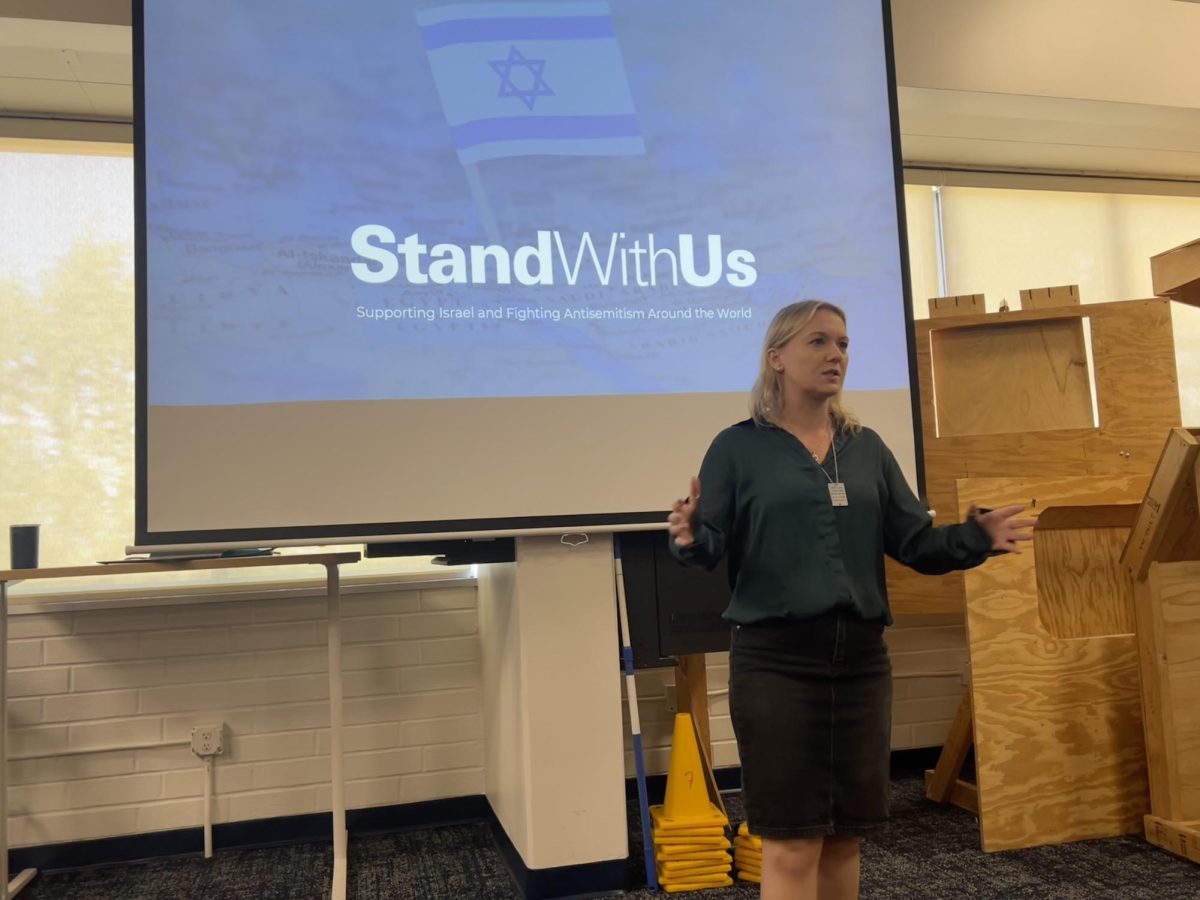By Annie Belfield
Alumna Gretchen Glick â70 has been nominated for a Patient Advocate Award by the American Pain Foundation and a CNN Heroes award for her work with Charcot-Marie-Tooth Syndrome.
The Patient Advocate Award honors those who have fulfilled the American Pain Foundationâs mission of improving the quality of life for those people living with pain, Glick said.
The CNN Heroes award searches the country for âordinary people doing extraordinary things,â according to the CNN website. If Glick is selected as a winner by the panel of world-leaders and luminaries, she will be featured in a CNN segment as one of the âworldâs unheralded heroes,â according to the website. The segment will air Dec. 6.
In 1962 Glick, who now resides in Solvang, CA, was diagnosed with CMT, a disease creating a disorder of nerves and resulting in loss of muscle tissue and touch sensation, predominantly in the feet and legs. 10-year-old Glick could not leave her bed after foot tendon surgery on both feet, according to a Sept. 22 article in the Santa Ynez Valley Journal.
Symptoms include burning feet, high arches, curling toes, or tremors in the hands. The disease currently has no cure.
After years of battling CMT, Glick hungered for more information and ways to gather support.
âAll I found were websites saying the same old things I already knew,â she said. âI wanted to hear what the experience was of others with CMT.â
In 1999, with encouragement from a friend, Glick started an online support group where people with CMT could give and receive aid in a community of people who had gone through similar experiences. The non-profit site, which started with only Glick and two friends, has now grown to almost 2,000 members.
âThere was a lack of upbeat and positive ‘experiential’ sharing in the CMT community and a great need for persons with CMT to connect worldwide to discuss their best symptom management strategies,â Glick said. âCurrent CMT world research needed to be disseminated faster to interested persons, and with e-mail this was possible.â
For people with CMT, Glick stressed the importance of staying connected to those who live similarly with the disease.
âA syndrome like CMT can be very isolating and depressing,â she said. âPeople tell me they have made friends and are starting to build their self-esteem, knowing they are not alone with this idiosyncratic condition.â
Glick, who is not married, said that because CMT is hereditary, she chose not to have children.
âI did not want to put a child through what I went through: immense fatigue at school and home, foot surgery, being âexcusedâ from gym/P.E., occasional tripping over thin air, falling, spending afternoons in the Neurologistâs office,â Glick said. âLet me say that my decision was not made in haste and I do not regret it.â
The website, whose slogan reads âCan Manage This,â has empowered people with the disease to question doctors for further treatments and therapies to improve their quality of living, Glick said.
âTo hear from people who are empowered to question their medical treatment, to help those who need leg bracing find it, to find out the latest research and share it, thatâs the icing on the cake,â Glick said.
Glick loves that the website can âsettle those who are scared,â and make people view CMT with a positive outlook towards the future. She is planning a CMT conference for 2008.
For Glick, the progression of the disease has been very slow, but she recognizes that it is an individual experience for each person living with CMT.
âThe extent of oneâs unique genetic code still holds many mysteries for how the disease is manifested over the life in each individual,â she said.
On a day to day basis, she takes care of her body by sticking to a healthy no-sugar, no-caffeine diet, and exercising four times a week to maintain her muscle mass.
Glick has not received notifications about either of the awards, but the results should be announced later this month.
âI was very surprised I was nominated for the awards, since I am just living and serving others in needed ways,â she said. âFor me, itâs not just about helping people, it is being aware of human needs and how best I can respond, and then doing it.â

